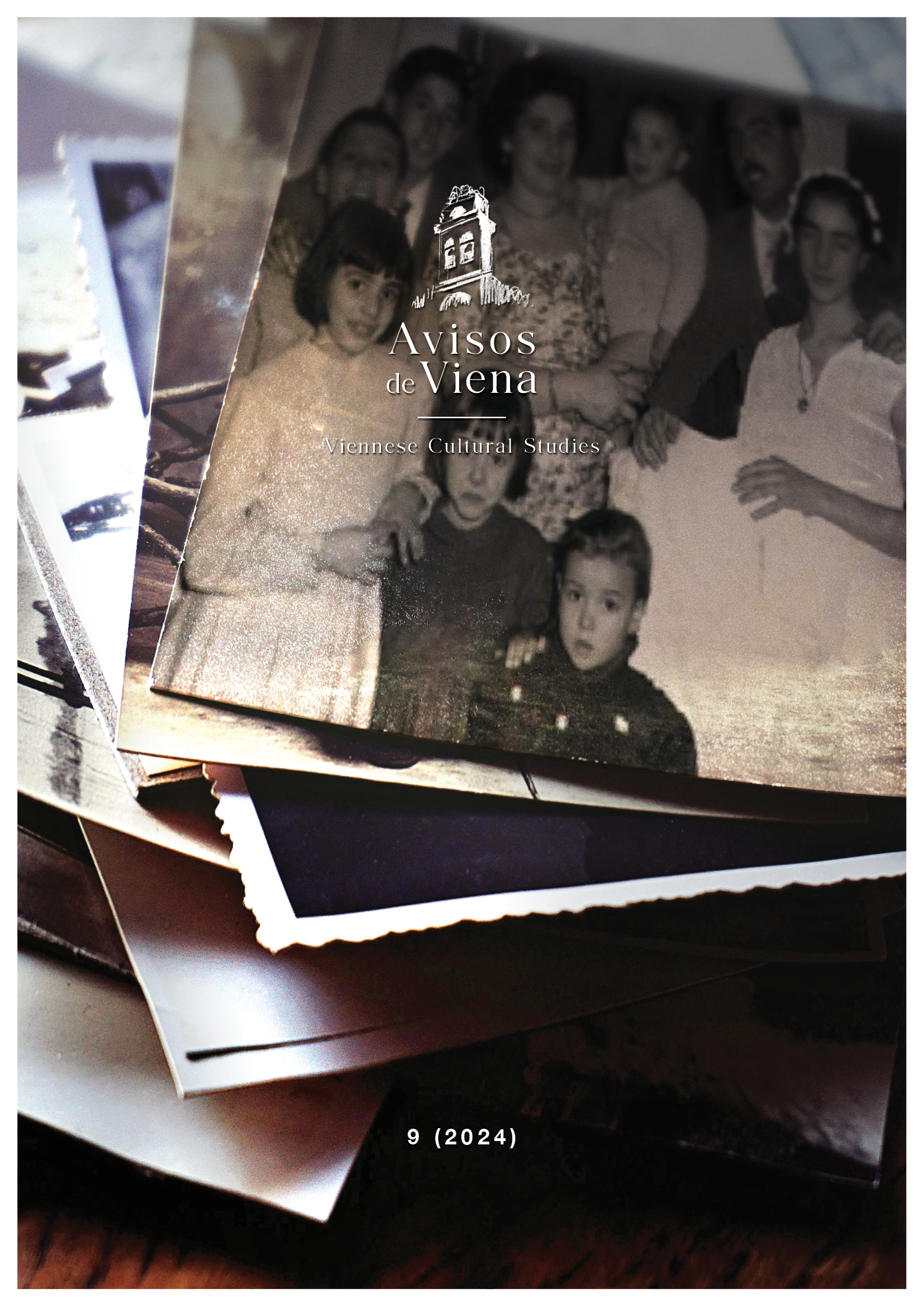Have they really left?
Memory, heritage, and the names of our ancestors. The case of an Apulian family, mine
DOI:
https://doi.org/10.25365/adv.2024.9.8825Keywords:
Onomastics, Italy, Apulia, 20th Century, Popular PietyAbstract
Throughout our lives, many of us ponder the significance of our names. Like others, Giuseppe Pio Cascavilla too embarked on this introspective journey during his teenage years, spurred by curiosity and a desire to understand his identity. His initial revelations came from Don Raffaele, a deputy-parish who informed him that Giuseppe means 'may God add and abound,' often sharing amusing anecdotes to emphasize this. Pio, on the other hand, simply translates to 'pious' in English.
While these etymologies provided some satisfaction, they barely scratched the surface of what names mean on a personal level. Names can carry profound personal significance, reflecting the intentions of those who bestow them, and are deeply entwined with religious, territorial, and even sports-related identities. The author's own family’s naming traditions offer a rich tapestry of such meanings, rooted in memory and devotion.
The author explores these traditions in the Italian region of Apulia within the maternal branch of his own family, the Di Biases, spanning three generations. The names in his family fall into three categories: those honoring relatives, those originating from religious devotion, and those chosen purely out of personal preference.
A recurring theme is the desire to keep the memory of loved ones alive through names. For instance, the name Luigi appears multiple times across generations, adhering to a tradition of naming firstborns after grandparents. This practice, common in the author's region, creates a link between past and present, ensuring that familial bonds endure.
Religious devotion also plays a significant role. Author's cousin Veliana, for example, is named after the Madonna dei Sette Veli, reflecting both religious faith and a connection to their hometown. The author's own name, Giuseppe Pio, honors both a family tradition and the revered Padre Pio.
Despite the pressure of tradition, some names are chosen freely, reflecting the parents' personal tastes once the customary obligations have been fulfilled. This blend of obligation and choice highlights the complex interplay of memory, devotion, and personal preference in the family's naming practices.
Ultimately, names in the author's family are not just labels but symbols of heritage, devotion, and continuity, weaving a rich narrative that connects generations and preserves a shared history.
References
Dupâquier, Jacques. “Naming-Practice, Godparenthood, and Kinship in the Vexin, 1540-1900”, in Journal of Family History, vol. 6, Issue 2 (Summer 1981), 135.
Erdélyi, Gabriella. Negotiating Violence. Papal Pardons and Everyday Life in East Central Europe, (Brill: Leiden, 2018), 189.
Gerhards, Jürgen. Cultural Modernization and First Names, (London: Routledge, 2017).
Isaac, Moise. “You will be named after your ancestors”: Replicating Israelites Tribal Names in Judean Hebrew Inscriptions as Indexes of Refugee Identity Alignment and Community Cohesion”, PhD diss., (University of California Los Angeles, 2016).
Lapierre, Nicole. “Changer de nom”, in Communications, a. XXVIII (1989), n. 49, 149-150.
Lévi-Strauss, Claude. La Pensée sauvage, (Paris: Plon, 1962), 245.
Mitterauer, Michael. Traditionen der Namengebung. Namenkunde als interdisziplinäres Forschungsgegebiet, (Vienna: Böhlau Verlag, 2011), 38.
Stockinger, Marie. “Nachbenennung nach verstorbenen Geschwistern”, in Avisos de Viena, vol. 4 (2022), 12-13.
Zabalza Seguín, Ana. “Nombres viejos y nombres nuevos. Sobre la onomástica moderna”, in Memoria y Civilización, vol. 11 (2008), 105-134.
Downloads
Published
Versions
- 07-02-2025 (2)
- 06-07-2024 (1)
How to Cite
Issue
Section
License
Copyright (c) 2024 Giuseppe Pio Cascavilla

This work is licensed under a Creative Commons Attribution 4.0 International License.
© Open Access, CC BY 4.0








